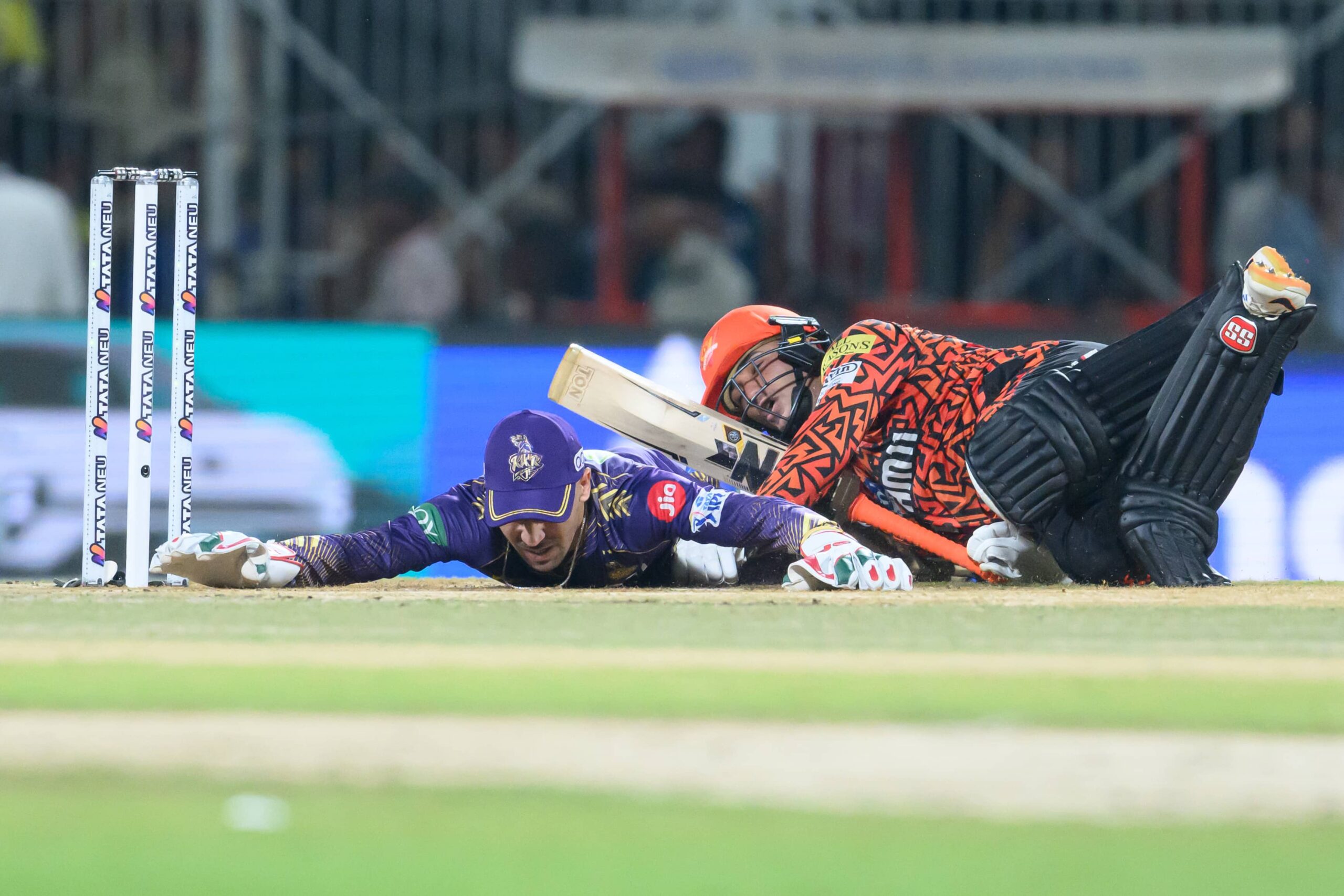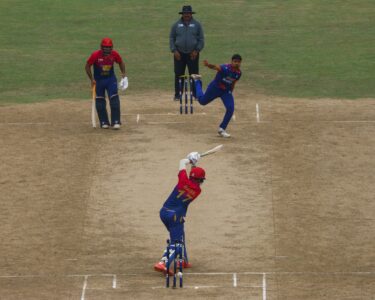The contracts offered by the Board of Control for Cricket in India (BCCI) to its players have sparked discussions and debates among players, fans, and analysts. Here are some of the concerns that players and commentators have raised regarding BCCI contracts, which some perceive as demotivating or trapping:
Exclusivity Clauses
- Limited Participation in Overseas Leagues: BCCI prohibits its contracted players from participating in overseas T20 leagues (such as the Big Bash League, The Hundred, or Caribbean Premier League), which limits their financial opportunities and global exposure. This exclusivity can create a sense of being trapped within the domestic and IPL system.
- Restriction on Playing in Non-Approved Events: Even non-centrally contracted players must seek permission from the BCCI to play in non-BCCI-approved cricketing events, further limiting their options.
Lack of Transparency
- Clarity in Terms: Players may feel that the terms of contracts are not clearly defined, leading to confusion about their rights and obligations.
- Selection Criteria: There can be a perceived lack of transparency in how selections for national and franchise teams are made, leading to frustration among players.
Performance Pressure
- High Expectations: With significant media scrutiny and public expectations, players may feel immense pressure to perform consistently, which can lead to anxiety and decreased performance.
- Limited Opportunities: Some players feel that the contract system does not provide equal opportunities, especially if they are not regulars in the national team, leading to a feeling of being trapped in a situation where their contributions are undervalued.
Financial Constraints
- Salary Structure: While top-tier players receive substantial contracts, lower-tier players may find their salaries insufficient compared to the commercial revenue generated from cricket.
- Dependency on Performance: Many contracts tie player earnings to performance metrics (like match appearances or runs scored), which can create financial instability for players not regularly in the squad.
Limited Career Security
- Short-Term Contracts: The BCCI’s contracts often focus on annual agreements, which can lead to uncertainty for players regarding their long-term financial security.
- Injury Concerns: Players who face injuries may find their contracts at risk or their positions threatened, even if their performance was previously strong.
Exclusivity and Autonomy
- Restriction on Other Opportunities: Some players might feel that being contracted with the BCCI restricts them from pursuing other commercial opportunities (like endorsements), leading to a feeling of being trapped in a limited system.
- Player Freedom: The contract terms may limit players’ freedom to engage with certain sponsors or pursue other business ventures, making them feel less autonomous.
Mental Health Considerations
- Pressure and Expectations: The intense scrutiny and pressure can lead to stress and mental health issues, with some players expressing that the system contributes to a toxic environment.
- Support Systems: There may be a perceived lack of adequate mental health support from the BCCI, leaving players feeling isolated in their struggles.
Talent Drain
- Emerging Players: Young and upcoming cricketers may feel discouraged if they perceive that the contracts favour established players, potentially leading to a talent drain in domestic cricket.
Unpredictable Selection Process
- Inconsistent Selection Policies: Selection for the Indian cricket team, or even state teams, is often seen as unpredictable. Players who have performed consistently at domestic levels might be overlooked for national call-ups due to political or non-cricketing factors. This unpredictability can create frustration and a sense of helplessness, especially for those at the fringes of selection.
- No Clear Pathway for Comeback: Once a player is dropped from the national team, it can be extremely difficult to make a comeback, even if they perform well in domestic cricket. The lack of a clear pathway back into the national side leaves many players feeling disillusioned.
Power Imbalance Between BCCI and Players
- Lack of a Players’ Association: The BCCI doesn’t have a strong players’ union or association to advocate for players’ rights in terms of contracts, health, or career transitions. Without such a body, individual players often have little bargaining power when it comes to negotiating contracts or resolving disputes with the BCCI.
- Influence of Politics and Favoritism: In some cases, players feel trapped by the political nature of the BCCI’s functioning. There have been accusations of favoritism or regional biases in selections, promotions, and contracts, making it hard for deserving players to rise purely based on merit.
While BCCI contracts provide financial stability and opportunities for many players, the concerns raised highlight a complex dynamic within the cricketing ecosystem. Some players and analysts advocate for reforms in the contract structure to make it more transparent, equitable, and supportive of players’ well-being.




